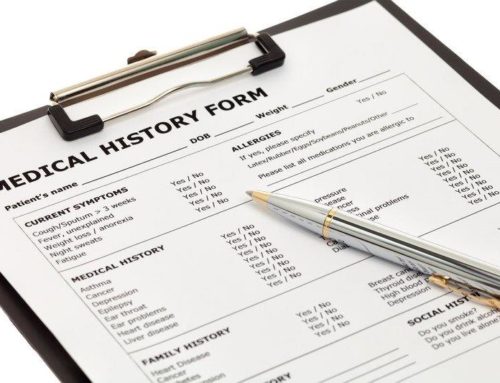Are you always thirsty? Do you have a dry mouth?
Dry mouth or xerostomia is a term given for reduced or no saliva. Saliva is a watery substance that is secreted by glands in the mouth. The main purpose of saliva is to lubricate the tissues for chewing, swallowing and digestion. Saliva washes away food from the gums, decreases the number of unhealthy bacteria and helps regulate the pH balance in the mouth. Without the adequate amount of saliva, gums and teeth can become unhealthy.
Stress, nerves and dehydration can cause short term dry mouth. Dental professionals are most concerned with long term xerostomia.
Causes of long term Xerostomia
Medications. Many prescribed medications have a side effect of dry mouth.
Cancer therapy, radiation and chemotherapy can damage the salivary glands
Autoimmune disorders such as Sjorgren’s syndrome, HIV/AIDS, Alzheimer’s disease, diabetes etc, can alter the salivary gland and in some cases arrest saliva production all together.
Aging. Saliva production can lessen in some persons as they age.
Tobacco and alcohol use can increase the symptoms of dry mouth.
Signs and symptoms
– Thick saliva
– Bad breath
– Difficulty chewing and swallowing
– Dryness and feeling thirsty
– Change in taste
– Fungal infection
– Painful tongue
What xerostomia does to the oral cavity
Xerostomia increases the number of bacteria, lowers the pH level causing plaque and calculus formation, tooth decay and gum disease. It can cause sores and ulcers on the tongue and corners of the mouth and can make suction difficult and in turn cause ill fitting dentures.
How you can treat xerostomia at home.
– Sip on water throughout the day
– Avoid salty and sugary foods, sports and soft drinks
– Limit caffeine and alcohol
– Eliminate tobacco use
– Alcohol free mouth rinses
– Sugar free gum and lozenges
– Use over-the-counter saliva substitutes and products to help with dry mouth (mouthwash, gel, spray and toothpaste)
-Using a humidifier at night



